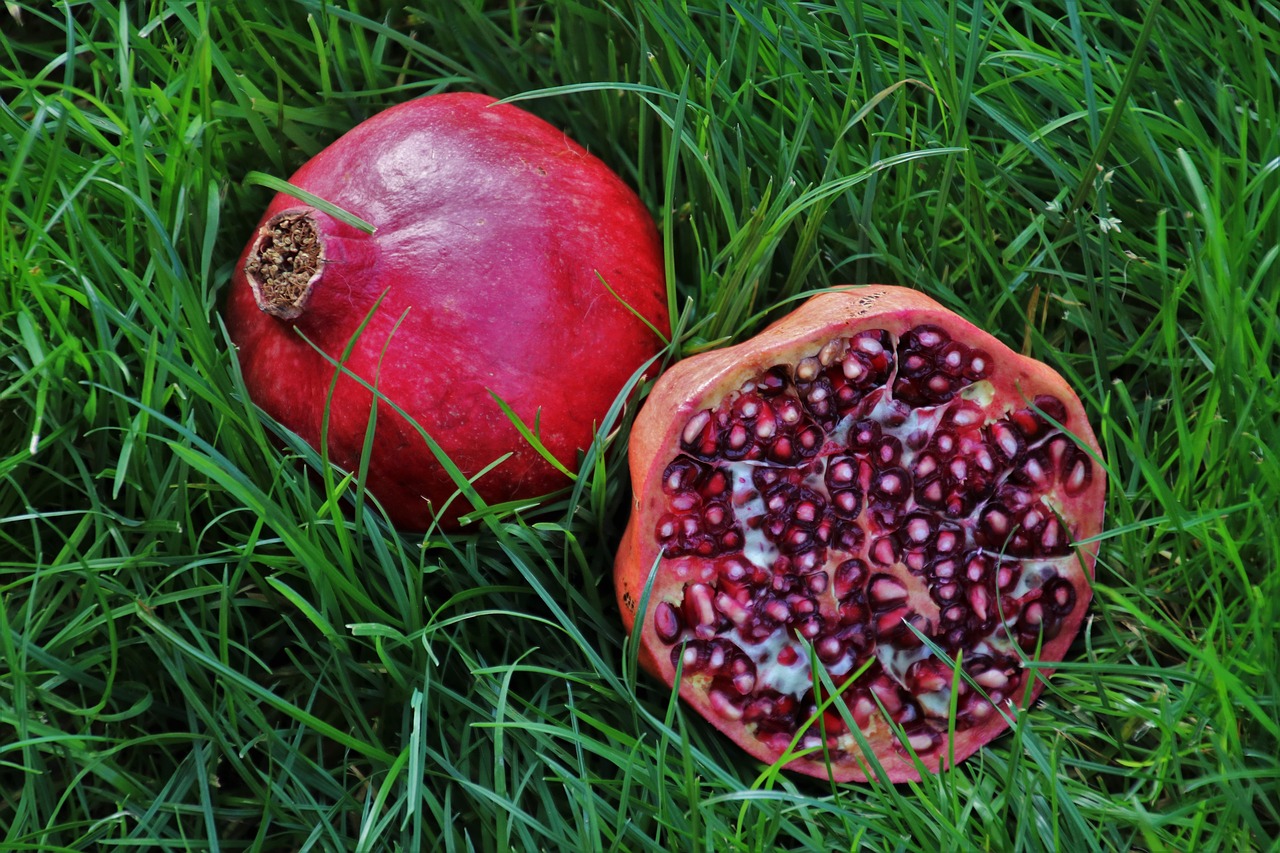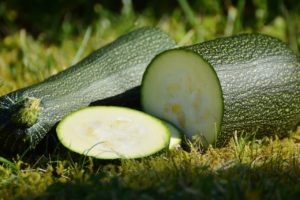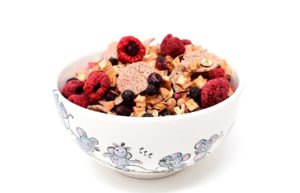Introduction to Soccer Nutrition –
Think of an average human’s body as a small manufacturing shop. It doesn’t require a lot of prime materials, but it also fails to perform spectacularly. If a normal human’s body is a manufacturing shop, an athlete’s body is a state-of-the-art factory that can produce outstanding performances, but also requires wagons of prime material.
Your goal as a soccer player is to get that factory of yours running at maximum performance but it will also be your role to provide it with the right (and the right amount of) prime materials. This is where soccer nutrition comes into play and if you follow me into the article below, I’ll provide you with some of the most important information regarding what you should eat and when you should eat it.
Soccer Nutrition – Proteins
Proteins are the building blocks of life and they’re the ones responsible for muscular growth. As a soccer player, muscular growth should be of paramount importance, so your soccer diet will have to contain a lot of proteins. Proteins usually come from animal products, such as eggs, milk or meat, but they can also be found in soya, lettuce and a few other specific veggies.
Soccer Nutrition – Carbohydrates
The carbohydrates are your body’s fuel source and just like a car needs gas to function properly, so does your body need carbohydrates for each and every one of its functions.
Every movement that you do eats up a little of this carbohydrate fuel…move your hand to scratch your head, you lost some carbs…knock on the door…you lost some carbs…even when we blink we lose a couple of carbohydrates; you can imagine the amount of fuel needed in a soccer match then. But carbohydrates aren’t just energy boosters, they’re also part of a great deal of bodily functions, such as the immune system, blood clotting, muscle growth and development.
Soccer Nutrition – Pre Game and Post Game Soccer Diets
The issue regarding pre-game and post-game meals is very debated, mainly because the Internet is crammed with a lot of misleading information on the subject. Generally, your performance in a game will be determined by what you eat starting with 2-3 days before the match day and the last meal you take a few hours before the game starts. It’s a good idea to eat carbohydrate-rich food a few days prior to the game and you can also get a rich carb snack 3-4 hours before the match begins.
You’ll also want to look for foods that have a low glycemic index (low GI) prior to the match, as they are proven to extend your endurance and effort capabilities for a short period of time. Just make sure that the low GI food you eat pre match are not also high fibred, as dense fiber is absorbed harder by the body and that food will just dangle around in your belly while you run. So a good pre-match soccer diet should contain:
– Low GI foods
– High Carbohydrate foods
– No high-fiber foods
After the game is over, the extensive effort will have you weakened and your muscles will be very vulnerable, since you used up all the carbohydrates in them. That’s why a rich carbohydrate meal is essential after a match. Studies suggest that the body is better at absorbing these carbohydrates and other nutrients from food 1 to 2 hours after prolonged effort.
High GI foods will also help you recover your muscles faster and you won’t feel tired and beat down all day long, as the carbs and glycemin from your post game meal will work towards getting you back






